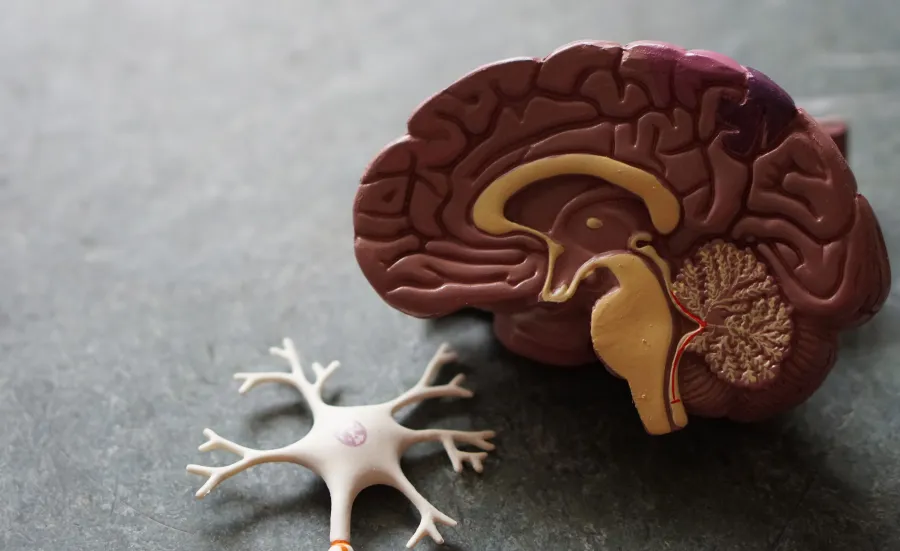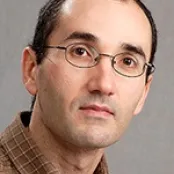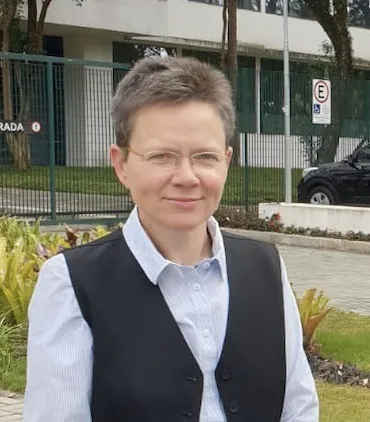Clinical Neurosciences

We study clinical areas that include major human infectious diseases and diseases that affect the central nervous system.

We study clinical areas that include major human infectious diseases and diseases that affect the central nervous system.

Our group is part of the University-wide Southampton Neurosciences Group (SoNG). The group was established in 2001 to provide a focus for collaborative, interdisciplinary and applied neuroscience.
We research the clinical and environmental factors that impair brain development. This includes studies on the impact on neurological and neurodevelopmental function in children who were both at high risk and/or have suffered adverse effects. We also explore the pathology, prevention and repair strategies for damaged neural tissue.
Our research programme is aimed at understanding the biological basis and treatment of neurodegenerative disease. We do this through a number of projects:
Our laboratory-based research is helping us understand the main risk factors for neurodegenerative diseases (for example, ageing, genotype and neuroinflammation) and the repair potential of stem cells using animal models and human tissue.

During neurological disease, brain tissue including vessels and blood within are destroyed, leading to inflammation, release of haemoglobin and blood-brain barrier compromise. We study these pathological processes across a range of neurological diseases.
